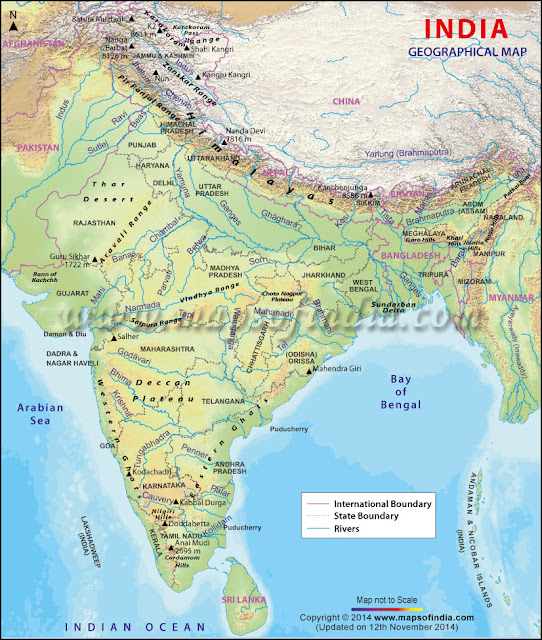SCIENCE & TECHNOLOGY | Sep 2020
SCIENCE & TECHNOLOGY
Russia’s COVID-19 vaccine is safe: study ‘It generated a strong immune response and didn’t produce serious adverse reactions during the trial’
The two-shot vaccine being developed by Russia’s Gamaleya Research Institute generated a strong immune response and didn’t produce serious adverse reactions in the 76 volunteers who were inoculated in a trial, according to results of a study reported online in The Lancet.
This is the first time that details of the early human studies — or Phase-1/2 trials, to check the vaccine’s safety and ability to generate an immune response — of the vaccines have been reported in a peer-reviewed journal.
Two components: The vaccine consists of two components, a recombinant adenovirus type 26 (rAd26) vector and a recombinant adenovirus type 5 (rAd5) vector, both carrying the gene for severe acute respiratory syndrome coronavirus 2 (SARS-CoV-2) spike glycoprotein (rAd26-S and rAd5-S).
Adenoviruses commonly affect humans and primates and have emerged as a sought-after platform to develop a vaccine against COVID-19. The ChAdOx1 vaccine candidate developed by Oxford University is based on a chimpanzee adenovirus vector platform and the Beijing Institute of Biotechnology and CanSino Biologics Inc. of China too are developing a vaccine on an adenovirus platform.
Russian scientists said they had begun Phase-3 trials of their vaccine in 40,000 volunteers, results of which are likely to be publicly known by November.
In The Lancet, the scientists said the vaccines were given to the selected volunteers 21 days apart — the spacing meant to generate a boosted response — and checked for whether it induced protective antibodies as well as if it managed to stimulate the body’s cells into producing a class of cells that can destroy viral cells, a process known as a ‘humoral response.’ Both of these happened, the scientists claim, and no “serious adverse events” were reported.
However, between 28% and 50% of the volunteers reported pain at injection site, hyperthermia, headache, asthenia and muscle and joint pain. “Most adverse events were mild and no serious adverse events were detected,” the authors note.
Shahid Jameel, virologist and CEO, DBT-Welcome Trust, who read The Lancet study, told The Hindu that these were typical responses when vaccines were administered and based on what was reported, the vaccine candidates looked encouraging enough to be tested in large populations or a Phase-3 trial. “I would have liked to see a bigger number of volunteers in the Phase-2 component, at least in the hundreds, to capture the variety of population who are likely to get the vaccine. However the results look promising enough to progress to a Phase-3,” he said.
In comparison, the ChAdOx1 vaccine candidate has been tested in 1,100 volunteers under Phase-2 trials.
Experimental studies: “We are in close dialogue, agreements with certain companies in India. We appreciate that they didn’t ‘attack’ the vaccine but carefully sought to understand its mechanism of action. We are very grateful to India for the openness shown,” Kirill Dmitriev, CEO of Russian Direct Investment Fund, said in response to questions at a press briefing on Friday. The RDIF is in collaboration with the Gamaleya Institute to develop and market the vaccine.
So far, adenoviral vector vaccines have never been tested in commercial human vaccines except for a rabies vaccine but have been tested on people as part of experimental studies.

Comments
Post a Comment